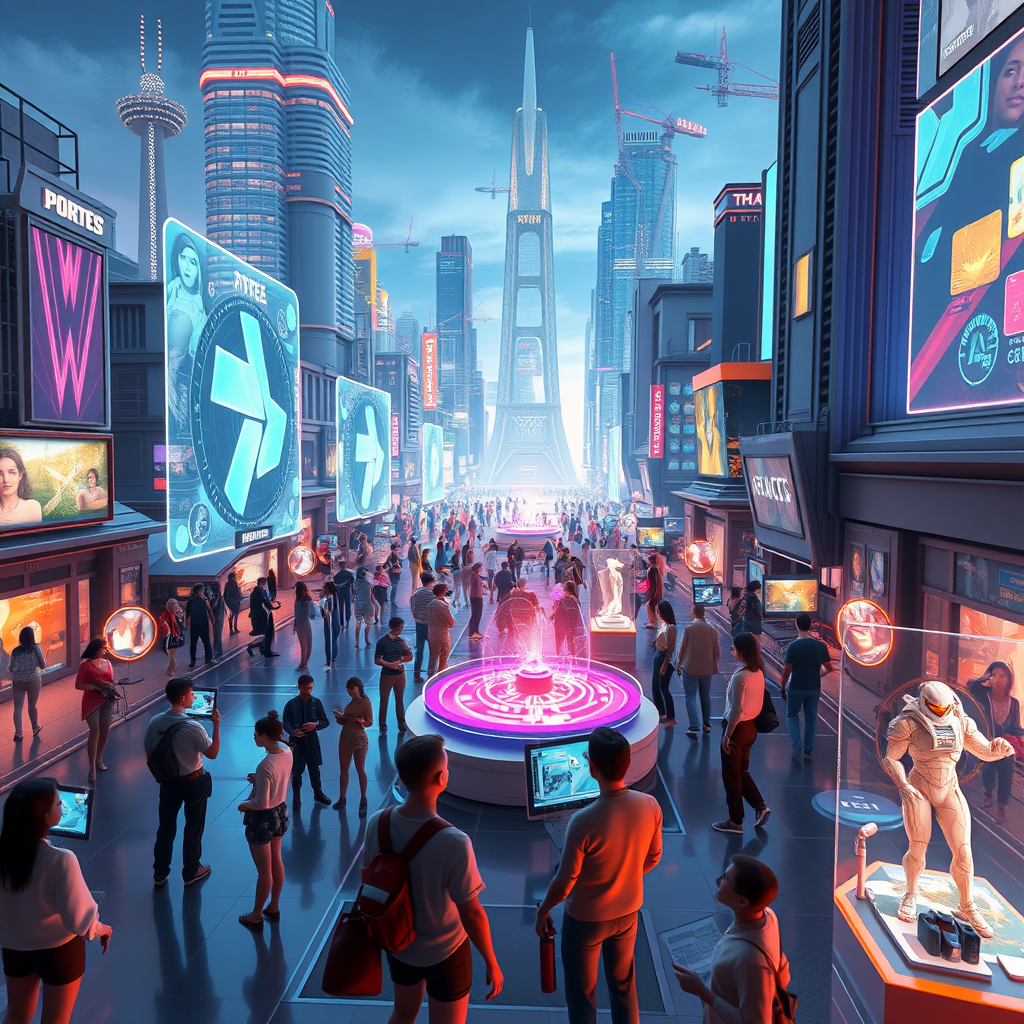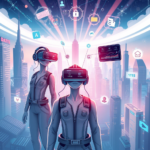Learn how virtual worlds, augmented reality, and blockchain combine to transform industries like gaming, education, real estate, and commerce. In this article, we explore the real-world applications of the metaverse. We’ll examine how virtual environments are revolutionizing gaming and entertainment, transforming education and training, and creating new economic opportunities in real estate and commerce. Whether you’re curious about the future of work or eager to dive into digital art and social spaces, this guide provides an overview of the metaverse’s transformative potential.








